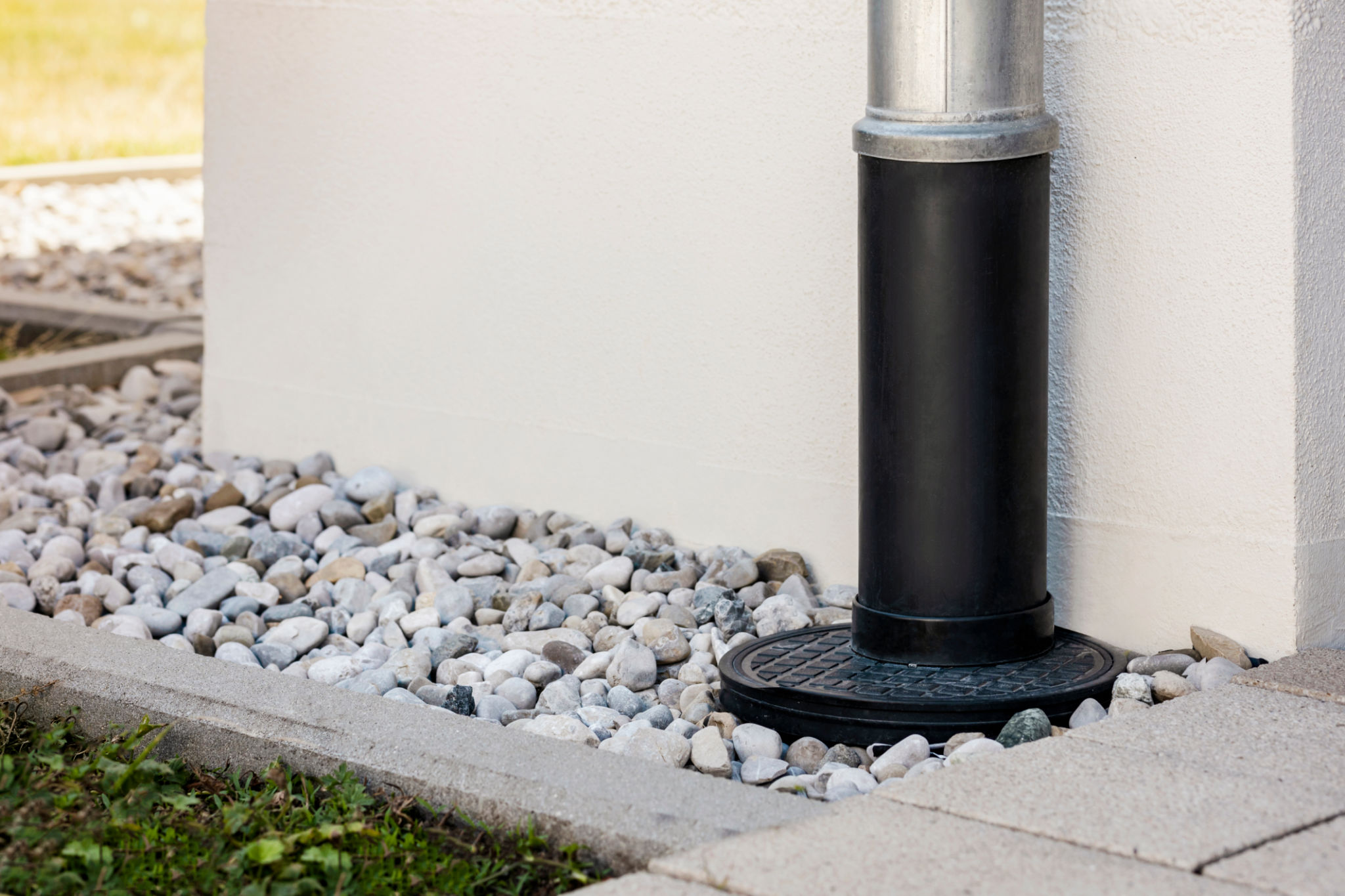Understanding the Environmental Impact of Power Washing in Charlotte
The Rise of Power Washing
Power washing has become increasingly popular in Charlotte as homeowners and businesses seek efficient ways to clean surfaces. This technique uses high-pressure water jets to remove dirt, mold, and other contaminants from various surfaces, including driveways, siding, and roofs. While it offers a quick solution to cleaning needs, it is essential to consider its environmental impact.
In urban areas like Charlotte, where cleanliness and curb appeal are paramount, power washing is often seen as a convenient and effective method. However, the environmental implications can be significant if not managed responsibly. Understanding these impacts is crucial for both residential and commercial property owners.

Water Consumption Concerns
One of the primary environmental concerns associated with power washing is water consumption. Power washers use a significant amount of water, which can be problematic in areas with water restrictions or during drought conditions. In Charlotte, where water conservation is becoming increasingly important, this can pose a challenge.
To mitigate this issue, some companies offer eco-friendly power washing services that use less water or recycle water during the cleaning process. Homeowners can also choose to limit the frequency of power washing to conserve water resources.
Considering Alternative Cleaning Methods
For those concerned about water usage, alternative cleaning methods can be considered. Options like soft washing use lower pressure and specialized biodegradable detergents to clean surfaces effectively. This method not only reduces water consumption but also minimizes the risk of damage to delicate surfaces.

Chemicals and Runoff
The use of chemicals in power washing can also have environmental repercussions. Many cleaning agents contain harsh chemicals that can be harmful to local ecosystems if they enter stormwater systems. These chemicals can affect aquatic life and contribute to water pollution in rivers and streams around Charlotte.
Choosing biodegradable and environmentally friendly cleaning products is one way to reduce this impact. Property owners should also ensure that runoff is properly managed to minimize potential harm to the environment.
Regulations and Best Practices
In response to environmental concerns, regulations have been established in many areas to control the use of power washing. In Charlotte, it’s important for service providers to adhere to these guidelines to prevent pollution. Best practices include:
- Using eco-friendly cleaning agents
- Implementing water recycling techniques
- Ensuring proper runoff management

The Role of Local Businesses
Many local businesses in Charlotte are taking proactive steps to reduce the environmental impact of their power washing services. By investing in technology that minimizes water usage and adopting eco-conscious practices, these companies help set a standard for responsible power washing.
Consumers can support these efforts by choosing environmentally responsible service providers and encouraging others to do the same. This collective action can lead to positive changes in the industry and help protect Charlotte's natural resources.
Conclusion: Balancing Cleanliness and Conservation
While power washing remains a popular choice for maintaining property appearance in Charlotte, it’s vital to balance cleanliness with environmental conservation. By understanding the potential impacts and adopting sustainable practices, both homeowners and businesses can contribute to a healthier environment.
As awareness grows, the industry is likely to see innovations that further reduce environmental impact, ensuring that power washing remains a viable option for future generations without compromising Charlotte’s natural beauty.
